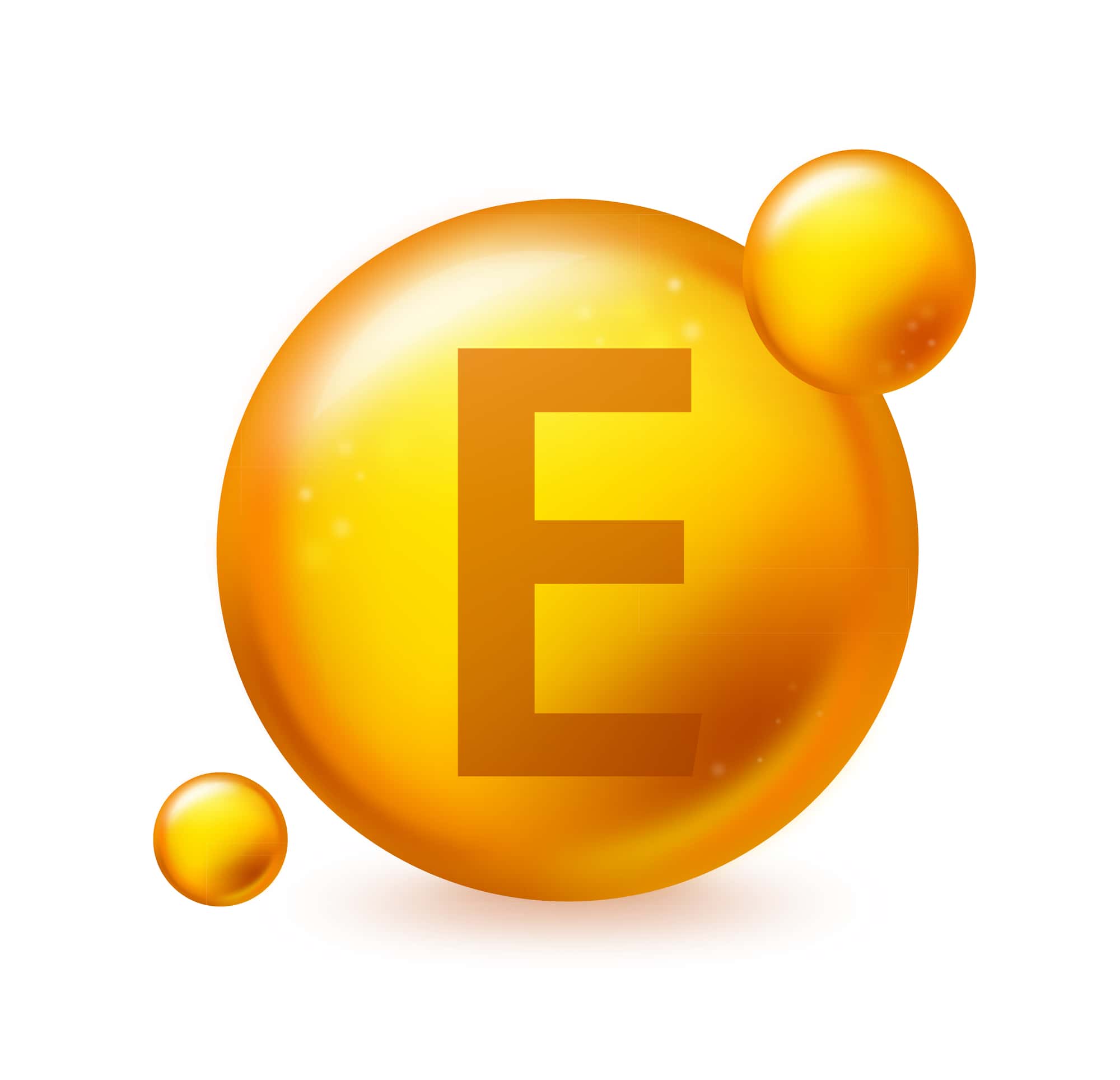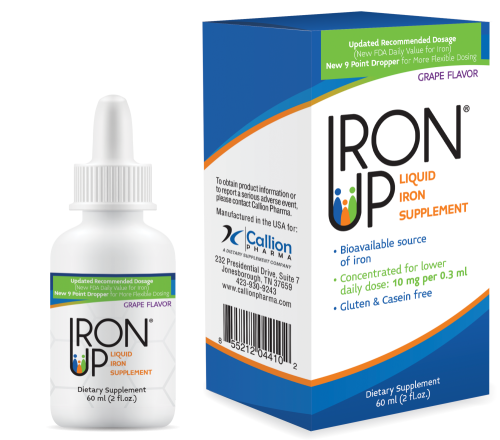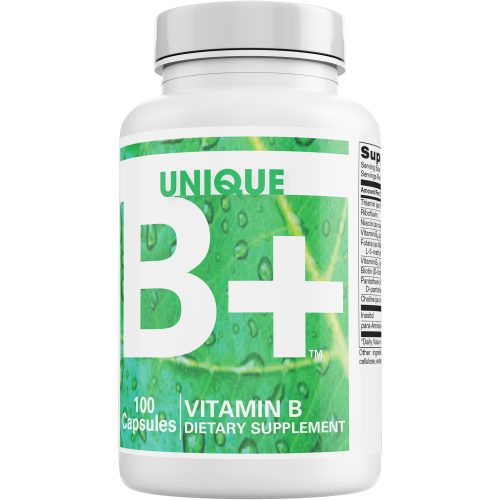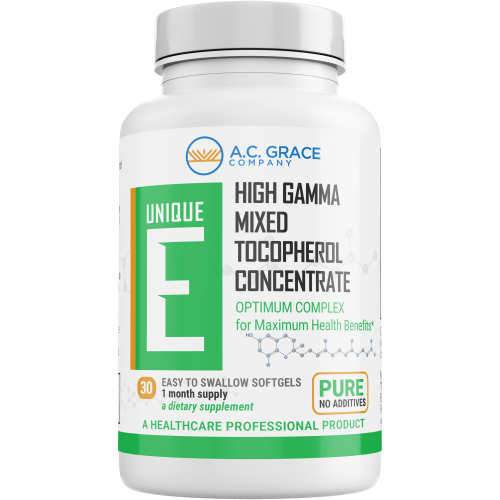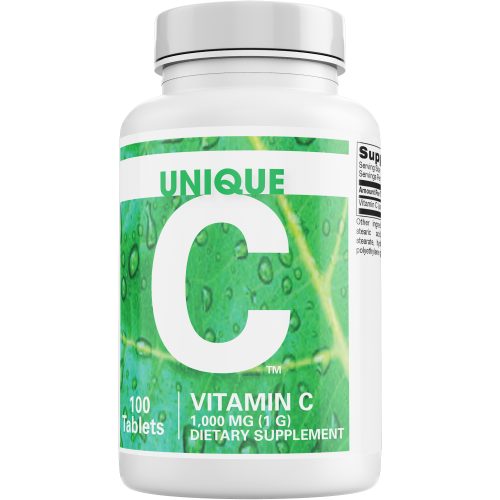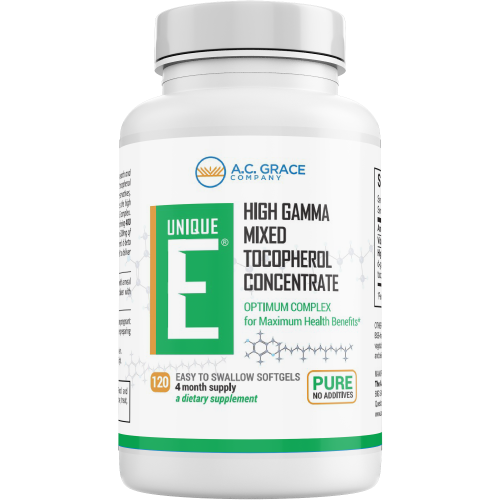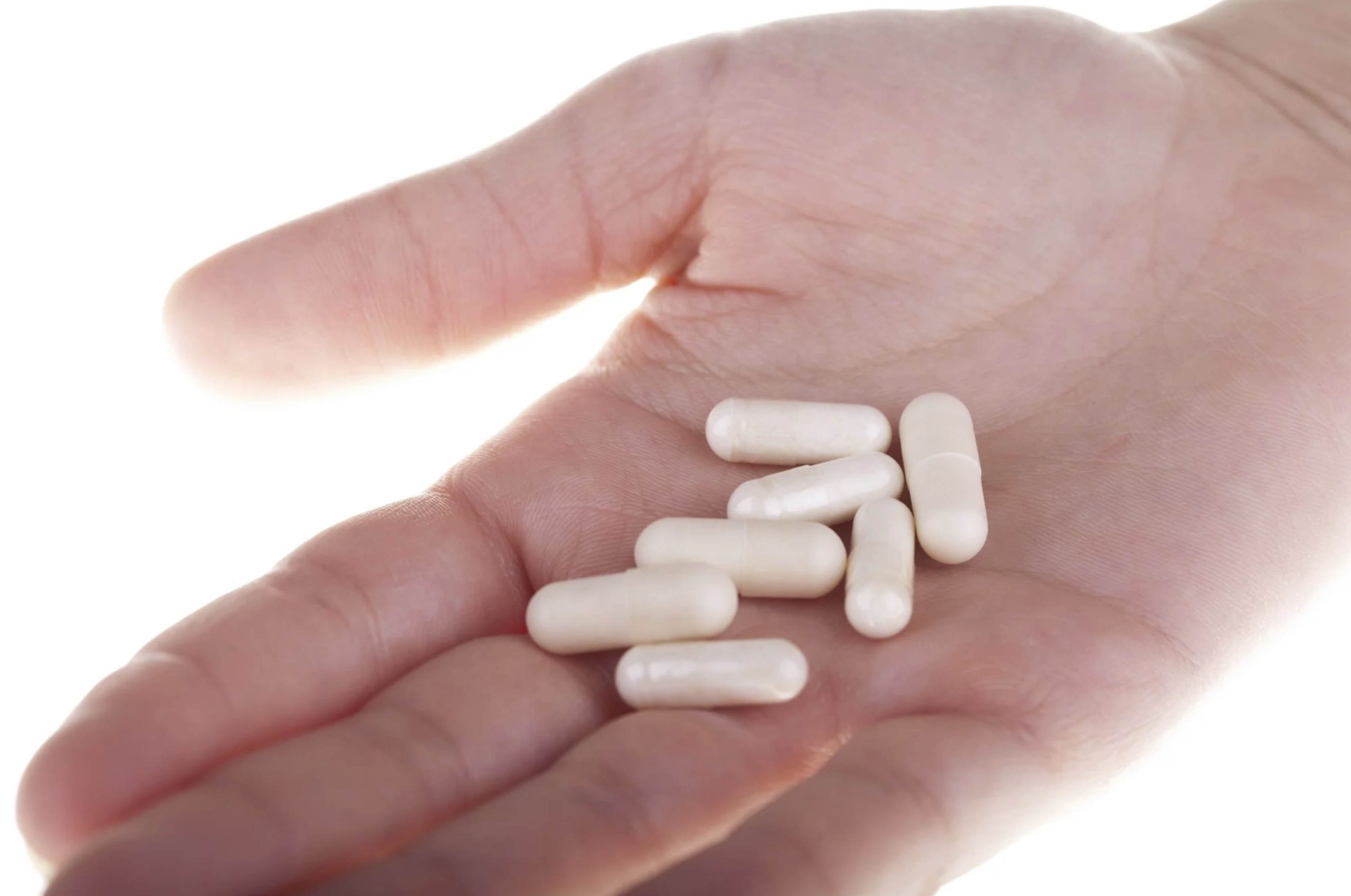
Wondering if a Vitamin E supplement is right for you? Vitamin E is an essential nutrient that promotes the health of cells throughout the body, serving as a powerful antioxidant that supports vision, brain health, cardiovascular health and more. It can even improve your complexion!
Even though there’s no doubt that Vitamin E is important to a person’s overall health, many people don’t receive their recommended daily intake of this nutrient. Read on to get to know more about recommended daily doses—as well as safe amounts and upper tolerances—for Vitamin E.
Recommended daily doses, based on age
Most people do not receive the Recommended Dietary Allowance (RDA) of Vitamin E in their daily life. Recommended daily values are determined by age and break down as follows:
- Children 1-3: 6mg/day (9 IU)
- Children 4-8: 7mg/day (10.4 IU)
- Children 9-13: 11 mg/day (16.4 IU)
- Adults: 15 mg/day (22.4 IU)
These values come from the National Institutes of Health (NIH) Office of Dietary Supplements. It’s important to remember that these are recommended doses, and that each person’s physiology and dietary demands are different. This is especially true if you’re diagnosed with Vitamin E deficiency by a physician.
Considerations for pregnant for breastfeeding women
Vitamin E is an important nutrient for conception. While Vitamin E deficiency is rare, pregnant and breastfeeding women benefit from slightly higher Vitamin E levels—around 19 mg/day (28.5 IU) is recommended. Higher Vitamin E levels are beneficial during pregnancy can improve outcomes for babies. Scientific studies have shown that meeting recommended daily values for Vitamin E can reduce the likelihood for a baby to develop asthma and other respiratory issues.
Everyday sources of Vitamin E
Vitamin E provides a whole host of benefits to the body, and there are many convenient ways to ensure you receive your recommended daily intake. Many people can’t hit this number from their everyday diet alone, and supplement with all-natural Vitamin E products. The following common sources of Vitamin E provide your body (and even your skin) with valuable health benefits:
- Food: There are many foods rich in Vitamin E, including leafy green vegetables, avocados, mangoes, sunflower seeds and almonds. While pressed oils like safflower, sunflower and hazelnut oil are also rich in Vitamin E, they contain high amounts of saturated fats which may not be ideal for fat-conscious diets.
- Supplements: An all-natural Vitamin E supplement can benefit many people. You can find supplements in powder, capsule and oil form, offering convenient ways to boost your daily intake. All-natural supplements increase efficiency in transportation and absorption through the body, allowing you to experience the most benefits from your supplement.
- Skincare products: Topical skincare products can reduce fine lines, wrinkles, dark spots and skin discoloration. Vitamin E is a powerful antioxidant for the skin, countering free radical damage caused by diet, UV exposure, pollution and more.
Understanding upper tolerances
While Vitamin E is a key nutrient for supporting the health of your body overall, including your immune system and skin, there is such a thing as too much of the vitamin. Hypervitaminosis E is a condition that occurs your body contains more Vitamin E than it can handle, and it can be dangerous.
Going above your upper tolerance can reduce the blood’s ability to form clots and increase the risk of hemorrhagic stroke or fatal bleeding. Upper tolerances by age break down as follows:
- Children 1-3: 200 mg/day (300 IU)
- Children 4-8: 300 mg/day (450 IU)
- Children 9-13: 600 mg/day (900 IU)
- Adults: 1,000 mg/day (1,500 IU)
When supplementing, be sure you stick to your doctor’s recommendations to ensure your intake stays below your upper tolerance level. Vitamin E supplements are generally regarded as very safe, as long as you follow a doctor’s directions. It’s also important to keep in mind that Vitamin E is a fat-soluble vitamin, which means the body builds up stores. Even responsible supplementing can accidentally lead to Hypervitaminosis E if not moderated appropriately by a medical professional.
Vitamin E deficiency can change these figures
High doses of Vitamin E are required in cases of deficiency. Since this nutrient supports your body’s overall cell function, serious problems can occur for those who are Vitamin E deficient. It can cause nerve and muscle damage resulting in neuropathy, loss of body movement control, muscle weakness and even vision problems. Vitamin E also supports a healthy immune system, so a compromised immune system is also associated with deficiency.
If you feel that you may be Vitamin E-deficient, contact your healthcare professional right away. Only take a Vitamin E supplement as directed by your doctor, and only choose an all-natural option to take full advantage of the benefits.

